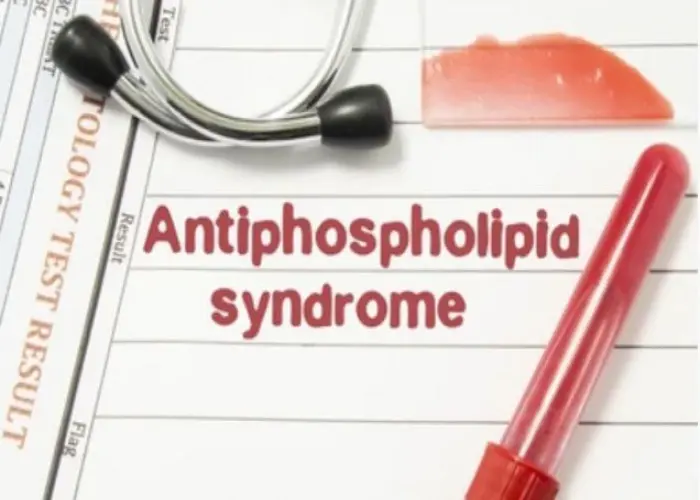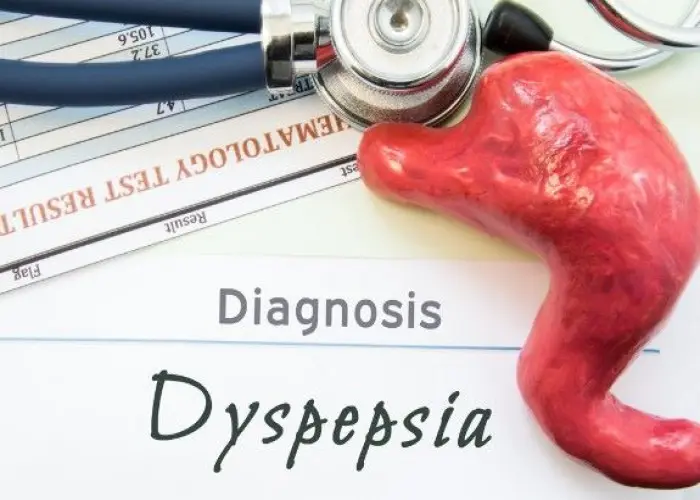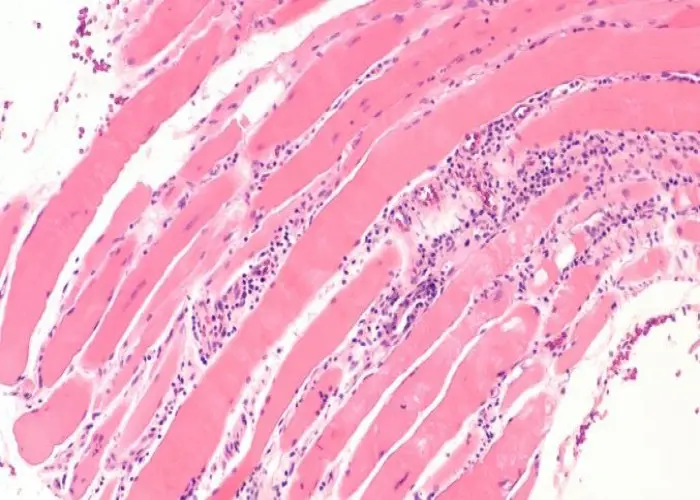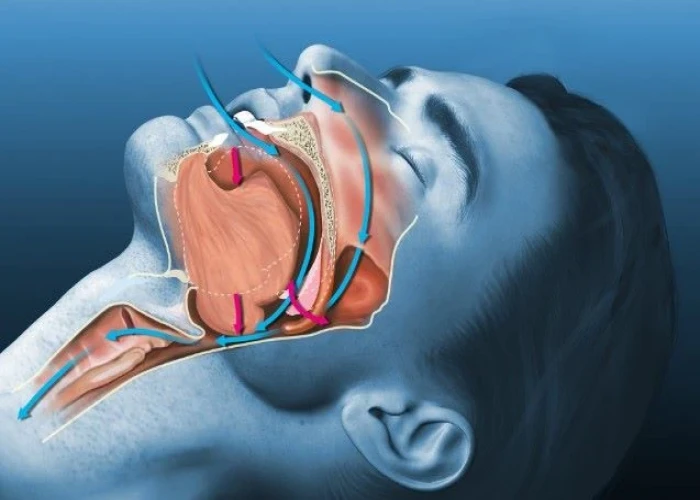 Welcome
Welcome
“May all be happy, may all be healed, may all be at peace and may no one ever suffer."
Tension headache

A tension headache is a type of headache that is typically characterized by a dull, aching pain in the head and neck region. Tension headaches are the most common type of headache, and they are often caused by stress, anxiety, or muscle tension.
The pain associated with a tension headache is typically mild to moderate in intensity and may feel like a tight band or pressure around the forehead or back of the head. Other symptoms may include sensitivity to light or sound, fatigue, and difficulty concentrating.
Treatment for tension headaches typically involves over-the-counter pain medications such as ibuprofen or acetaminophen, as well as rest, relaxation techniques, and stress reduction strategies. Some people may find relief from tension headaches by applying heat or cold to the affected area, practicing yoga or other forms of exercise, or getting a massage. In some cases, a healthcare provider may recommend prescription medications or other treatments to help manage symptoms.
Prevention of tension headaches involves taking steps to manage stress and anxiety, practicing good posture, and avoiding activities that may strain the muscles of the head and neck. Regular exercise, adequate sleep, and a healthy diet can also help prevent tension headaches.
It is important to seek medical attention if you experience frequent or severe tension headaches, as they may be a sign of an underlying condition that requires treatment.
Research Papers
Disease Signs and Symptoms
- Headaches
- Confusion (Hallucinations)
- Seizures
- Double vision (diplopia)
- Weakness
- Numbness
- Tension headache
Disease Causes
Tension headache
The cause of tension-type headaches is not known. Experts used to think tension-type headaches stemmed from muscle contractions in the face, neck and scalp, perhaps as a result of heightened emotions, tension or stress. But research suggests that muscle contraction isn't the cause.
The most common theory supports a heightened sensitivity to pain in people who have tension-type headaches. Increased muscle tenderness, a common symptom of tension-type headaches, may result from a sensitized pain system.
Triggers
Stress is the most commonly reported trigger for tension-type headaches.
Disease Prevents
Tension headache
In addition to regular exercise, techniques such as biofeedback training and relaxation therapy can help reduce stress.
- Biofeedback training. This technique teaches you to control certain body responses that help reduce pain. During a biofeedback session, you're connected to devices that monitor and give you feedback on body functions such as muscle tension, heart rate and blood pressure. You then learn how to reduce muscle tension and slow your heart rate and breathing yourself.
- Cognitive behavioral therapy. This type of talk therapy may help you learn to manage stress and may help reduce the frequency and severity of your headaches.
- Other relaxation techniques. Anything that helps you relax, including deep breathing, yoga, meditation and progressive muscle relaxation, may help your headaches. You can learn relaxation techniques in classes or at home using books, videos or apps.
Using medications in conjunction with stress management techniques may be more effective than either treatment alone in reducing your tension-type headaches.
Additionally, living a healthy lifestyle may help prevent headaches:
- Get enough, but not too much, sleep.
- Don't smoke.
- Exercise regularly.
- Eat regular, balanced meals.
- Drink plenty of water.
- Limit alcohol, caffeine and sugar.
Disease Treatments
Some people with tension-type headaches don't seek medical attention and try to treat the pain on their own. Unfortunately, repeated use of pain relievers that are available without a prescription can actually cause another type of headache, medication overuse headache.
Acute medications
A variety of medications, both nonprescription and prescription, are available to reduce the pain of a headache, including:
- Pain relievers. Simple pain relievers available without a prescription are usually the first line of treatment for reducing headache pain. These include the drugs aspirin, ibuprofen (Advil, Motrin IB, others) and naproxen sodium (Aleve).
- Combination medications. Aspirin or acetaminophen (Tylenol, others) or both are often combined with caffeine or a sedative drug in a single medication. Combination drugs may be more effective than single-ingredient pain relievers. Many combination drugs are available without a prescription.
- Triptans and narcotics. For people who experience both migraines and episodic tension-type headaches, a triptan can effectively relieve the pain of both headaches. Opioids, or narcotics, are rarely used because of their side effects and potential for dependency.
Preventive medications
Your doctor may prescribe medications to reduce the frequency and severity of attacks, especially if you have frequent or chronic headaches that aren't relieved by pain medication and other therapies.
Preventive medications may include:
- Tricyclic antidepressants. Tricyclic antidepressants, including amitriptyline and protriptyline, are the most commonly used medications to prevent tension-type headaches. Side effects of these medications may include constipation, drowsiness and dry mouth.
- Other antidepressants. Evidence also supports the use of the antidepressants venlafaxine (Effexor XR) and mirtazapine (Remeron).
- Anticonvulsants and muscle relaxants. Other medications that may prevent tension-type headaches include anticonvulsants, such as gabapentin and topiramate (Topamax, Qsymia, others). More study is needed.
Preventive medications may require several weeks or more to build up in your system before they take effect. So don't get frustrated if you haven't seen improvements shortly after you begin taking a drug.
Your doctor will monitor your treatment to see how the preventive medication is working. In the meantime, overuse of pain relievers for your headaches may interfere with the effects of the preventive drugs. Ask your doctor about how often to use pain relievers while you’re taking preventive medication.
Disease Diagnoses
Disease Allopathic Generics
-
Paracetamol
A popular common treatment for headaches is a medication with paracetamol or aspirin.
First 2 and then 1 3 times a day.
-
Vitamin B complex
To eliminate weakness. 1 pill 2 times a day after meals.
-
Naproxen Sodium
Naproxen is a medicine that can be used to bite into the head for scalp pain.
Young age 250mg or adults 500mg 2 times a day after meals for 5/7 days.
-
Ranitidine Hydrochloride
Medicines containing ranitidine for stomach gas. 1 pill 2 times a day after meals.
Disease Ayurvedic Generics
Disease Homeopathic Generics
Disease yoga
Tension headache and Learn More about Diseases

Antiphospholipid syndrome

Functional dyspepsia

Benign adrenal tumors

Desmoid tumors

Dermatomyositis

Stuttering

Obstructive sleep apnea

Essential tremor
tension headache, চিন্তার মাথা ব্যাথা
To be happy, beautiful, healthy, wealthy, hale and long-lived stay with DM3S.
